Quite frankly, Dr. Unger was worth a trip to the moon. Nashville Plastic Surgery Institute | Nashville, TN




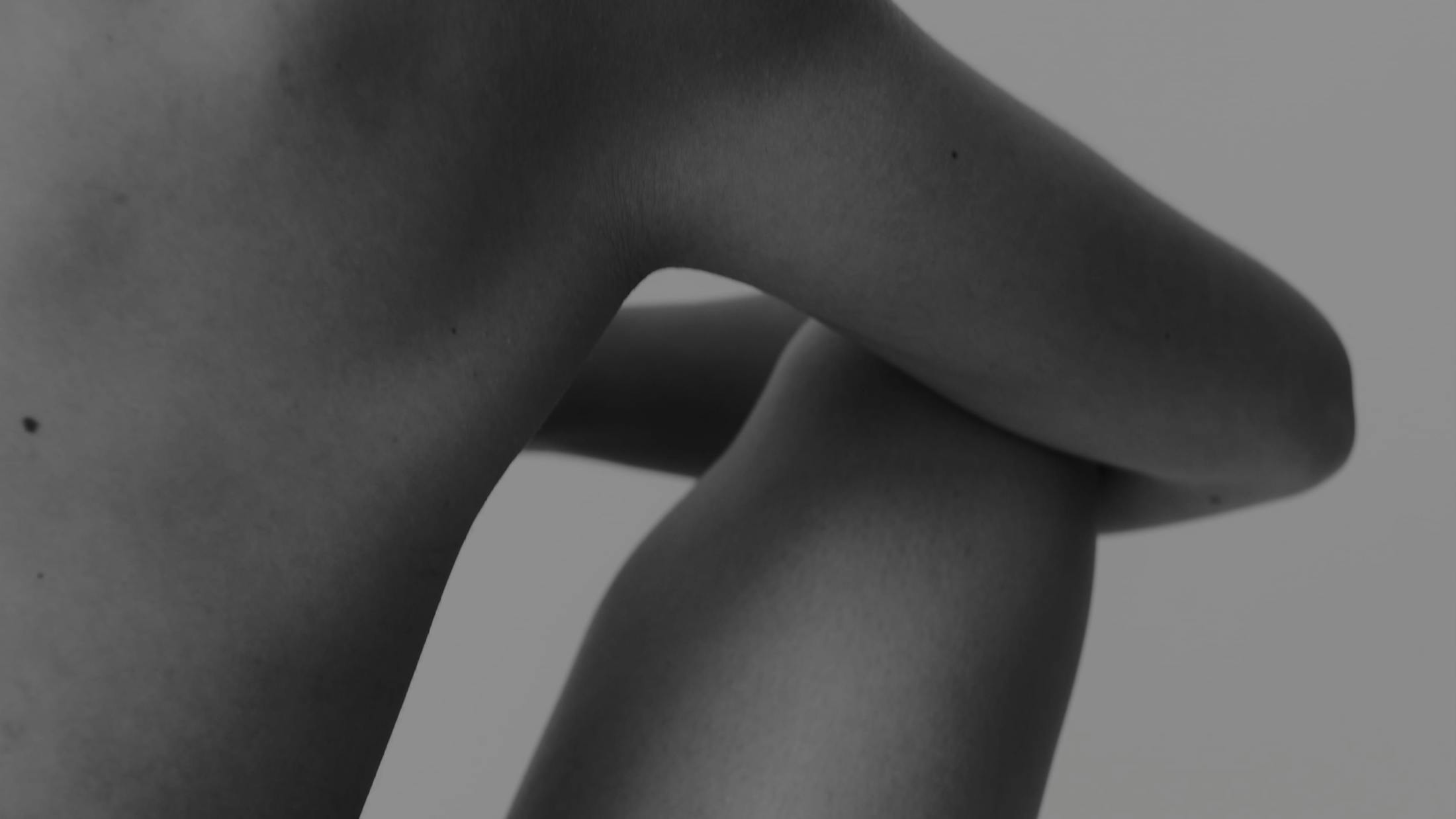
The New Natural Say Less, Be More
Welcome to the Nashville Plastic Surgery Institute (NPSI), where world-renowned expertise meets personalized, patient-centric care. Led by the esteemed Dr. Unger, our institute boasts an international reputation for excellence, attracting patients from around the globe. Our mission is to enhance your natural beauty through innovative and comprehensive cosmetic treatments, all within a luxurious and welcoming environment. Experience the art of subtle transformation with NPSI, where your unique aesthetic goals are achieved with precision and compassion.




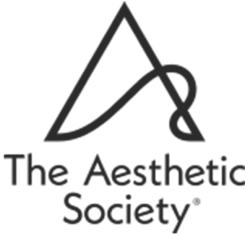
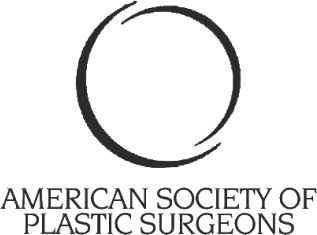
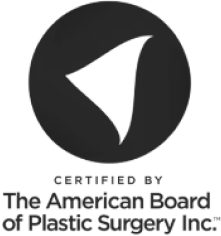
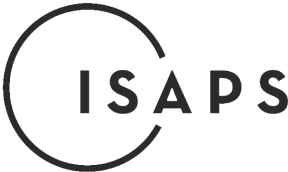

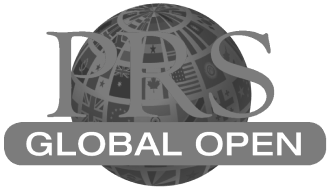
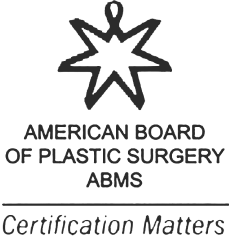



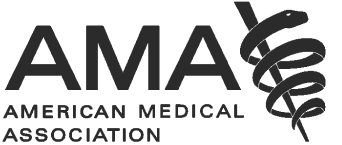











dr. jacob unger’s essential eight
here are eight key highlights that help define his career
01
Academic Excellence
Graduated summa cum laude and Valedictorian from Tulane University, top-ranked in his department, and awarded Phi Beta Kappa honors.
02
Board-Certified Expert
Certified by the American Board of Plastic Surgery, ensuring the highest standards of patient care and safety.
03
Innovator in 3D Imaging
Helped pioneer 3D modeling techniques in breast augmentation at NYU, now a common standard in patient consultations.
04
Elite Residency
Completed residency and named the Administrative Chief Resident in charge at the #1-ranked UT Southwestern, one of the world’s most competitive plastic surgery programs.
05
International Surgical Fellowships
Studied advanced techniques in Europe, training under world-renowned experts in France, Sweden, Turkey, and Belgium.
06
Inventor & Biotech Co-Founder
Invented the Natrelle Fourté expander fill system for breast reconstruction, widely adopted in U.S. surgeries.
07
Patient-Centered Excellence
Renowned for building lasting patient relationships, Dr. Unger’s commitment to natural, beautiful results has earned him glowing testimonials and a reputation for excellent outcomes.
08
Global Trust in Expertise
Routinely receive patients from and lecture on surgical technique to plastic surgeons around the world, referred by other plastic surgeons who trust his expertise to address complex surgical challenges and intricate anatomical concerns.


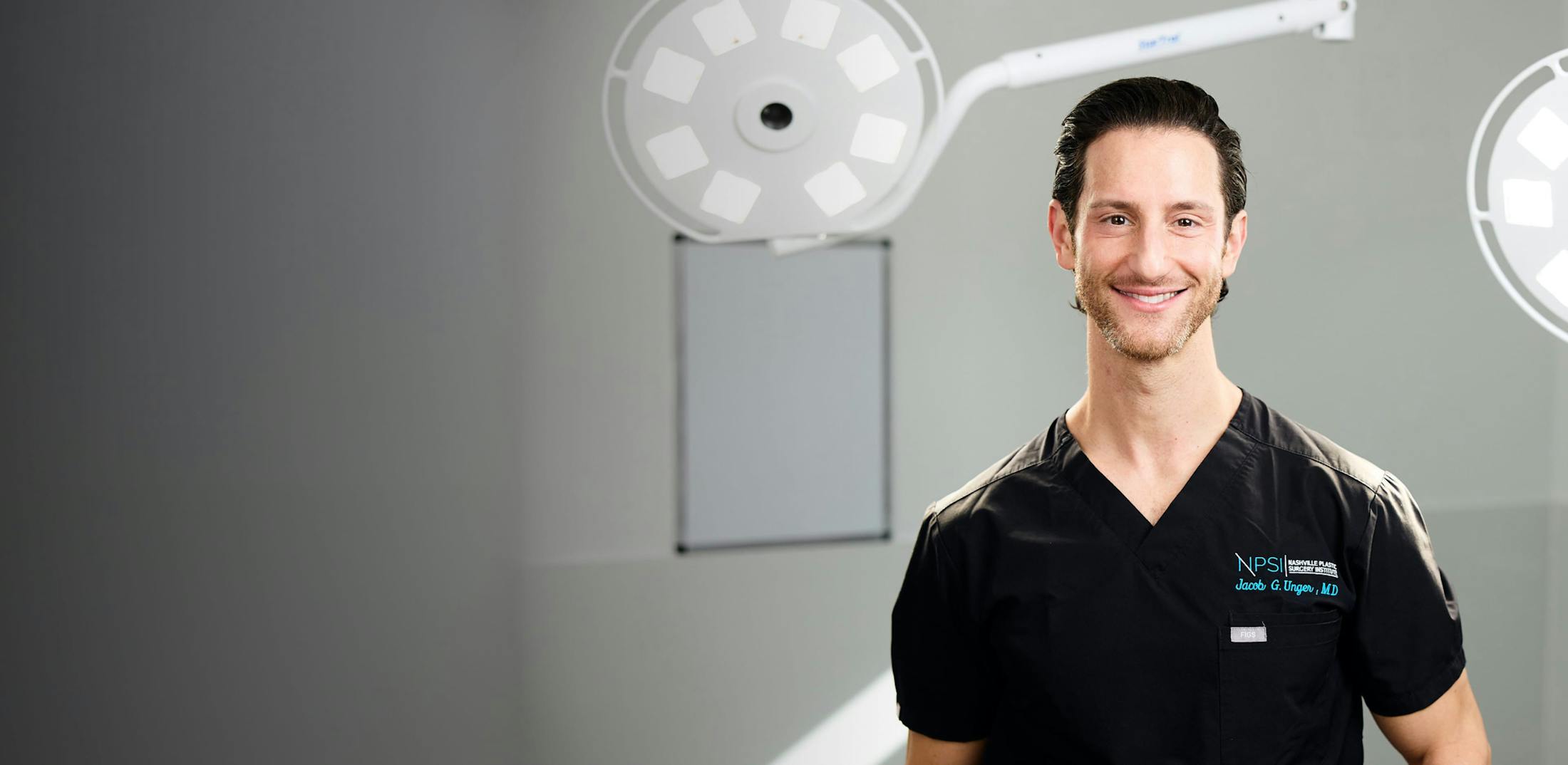


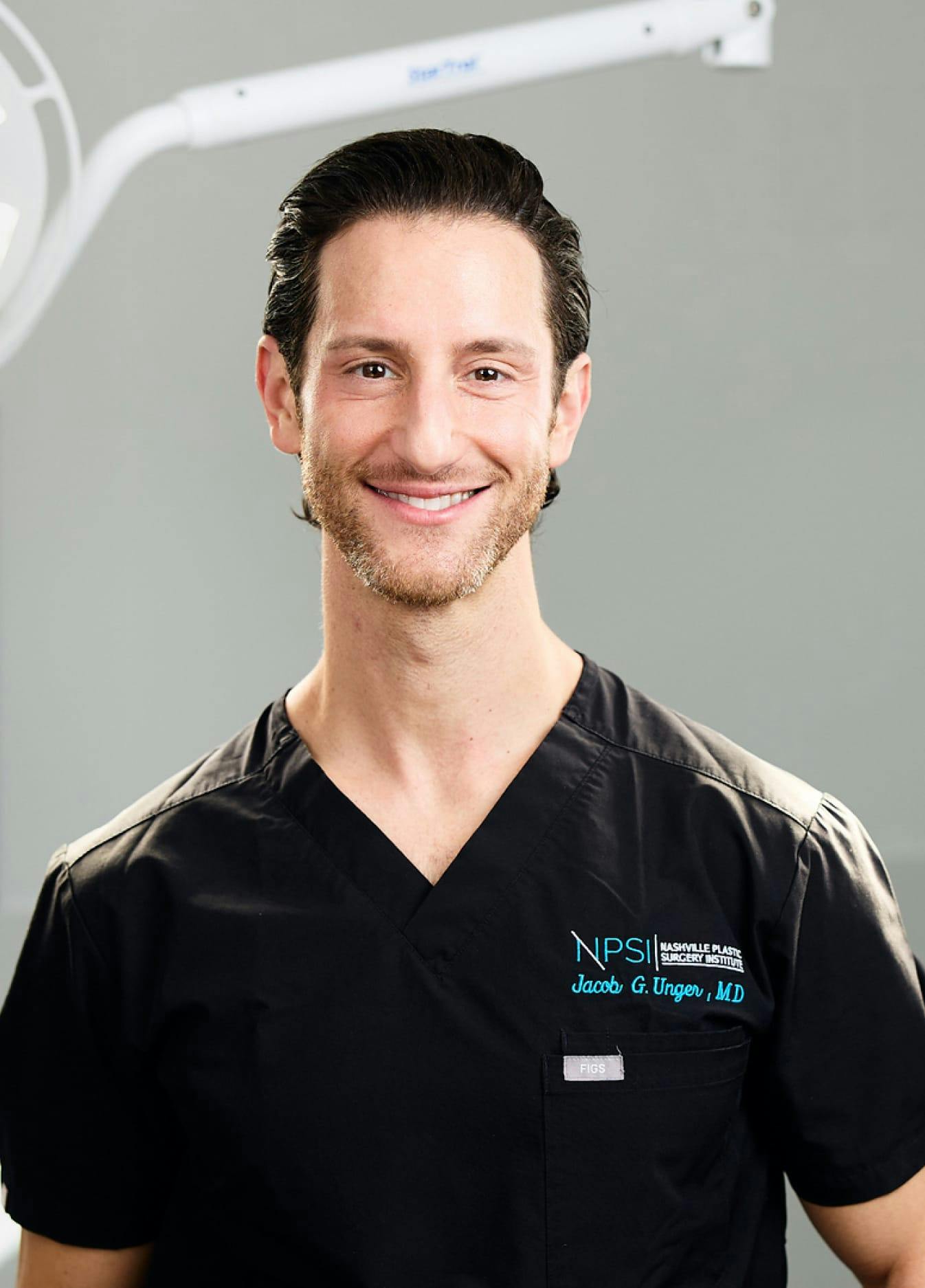
The Best Decision I Have Ever Made. Real Patients, Real Reviews
Dr. Unger and his team are the absolute best!
They have taken the best care of me through this whole process. They were always available to answer my questions and make sure I had everything I needed. I will always be thankful to Dr. Unger and his team, and I couldn’t be happier with the results! If you want the best, don’t look any further. You will not be d...
NPSI not only has the most beautiful and relaxing facility but the kindest staff!
Tracy Jensen was phenomenal. She talked me through everything while receiving lip filler and made me feel so comfortable and relaxed. My filler looks SO natural and perfect for my face. I’m so happy with my results. I 100% recommend Nashville Plastic Surgery Institute to anyone looking to add a little boost to their app...
The best care and attention to my medical needs whether medical procedures or aesthetics.
Comforting setting and accessible. Dr Unger is the BEST. I have had breast reconstruction due to breast cancer and cosmetic procedures. Both turned out fantastic. Thank you to all the wonderful staff.
Dr Cash and his staff have been the best through my breast cancer Revision!!
On day one for a consult my husband and I knew we liked him. He actually listens to me and what my concerns were. I was very nervous swapping plastic surgeons through this journey and so glad I chose him. He cares! I would recommend him to anyone without a doubt!!! Thank you so much for everything so far.
I am beyond happy with my results.
I felt comfortable with and confident in Dr. Unger during the entire process. The whole experience went above any expectations I had. The Nurses and office staff were so supportive and professional. I look forward to working with Dr. Unger again in the future.
Dr. Unger and his team have been absolutely exceptional in the entire process of my mommy makeover surgery!
I could not have chosen a better doctor and facility to work with. They have been top notch at every stage and cannot thank them enough for making me feel and look so much better!!



The Art of Undetectable Lifting
Dr. Unger’s facelifts are designed to enhance, not announce
Facelift Transform your appearance with our expertly performed facelift procedure, designed to lift and tighten facial tissues for a more youthful and refreshed look. Learn More About Facelifts

Deep Plane Facelift Our deep plane facelift targets deeper facial structures, providing enhanced rejuvenation and long-lasting, natural-looking results. Learn More About Deep Plane Facelifts

Revision Facelift If a previous facelift didn’t meet your expectations, our revision facelift is tailored to correct and improve your results for optimal facial harmony. Learn More About Revision Facelifts

Dual Plane Facelift The dual plane facelift combines multiple techniques to achieve a balanced and elevated facial appearance with minimal scarring. Learn More About Dual Plane Facelifts

Mini Facelift For subtle enhancements, our mini facelift focuses on key areas like the cheeks and jawline, offering noticeable improvements with a shorter recovery time. Learn More About Mini Facelifts

Neck Lift Enhance your profile with our neck lift, which tightens loose skin and muscles in the neck for a smoother and more defined neckline. Learn More About Neck Lifts

Additional Face Procedures








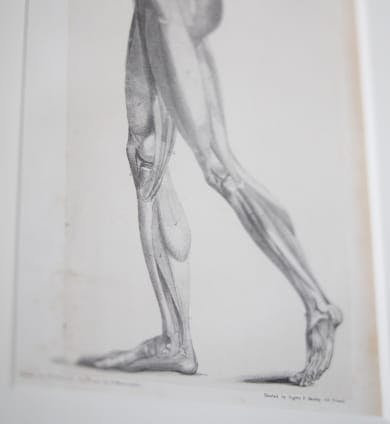


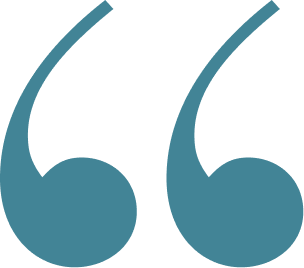
From Dr. Unger himself
At Nashville Plastic Surgery Institute, our goal is to provide the most advanced evaluation and treatment options available, whether surgical or non-surgical. Our commitment extends to ensuring an exceptional experience that prioritizes patient education, safety, privacy, and comfort, all while achieving outstanding aesthetic outcomes.
The Second Chance in Breast Aesthetics Your first result isn’t your final answer.
Augmentation Revision
Reconstruction Revision
Reconstruction Revision
At NPSI, we understand the importance of feeling comfortable and confident in your body, and our compassionate, personalized care helps you regain both. With our reconstruction revision procedure, you can enhance or correct previous breast reconstructions, restoring balance to your appearance.
Augmentation Revision
Choosing to undergo surgery is no small decision, especially if a previous surgery didn’t turn out quite as planned. Trust in Dr. Unger’s renowned expertise to refine your breast augmentation with our augmentation revision procedure, ensuring symmetry and your desired feminine aesthetic.
Additional Breast Procedures
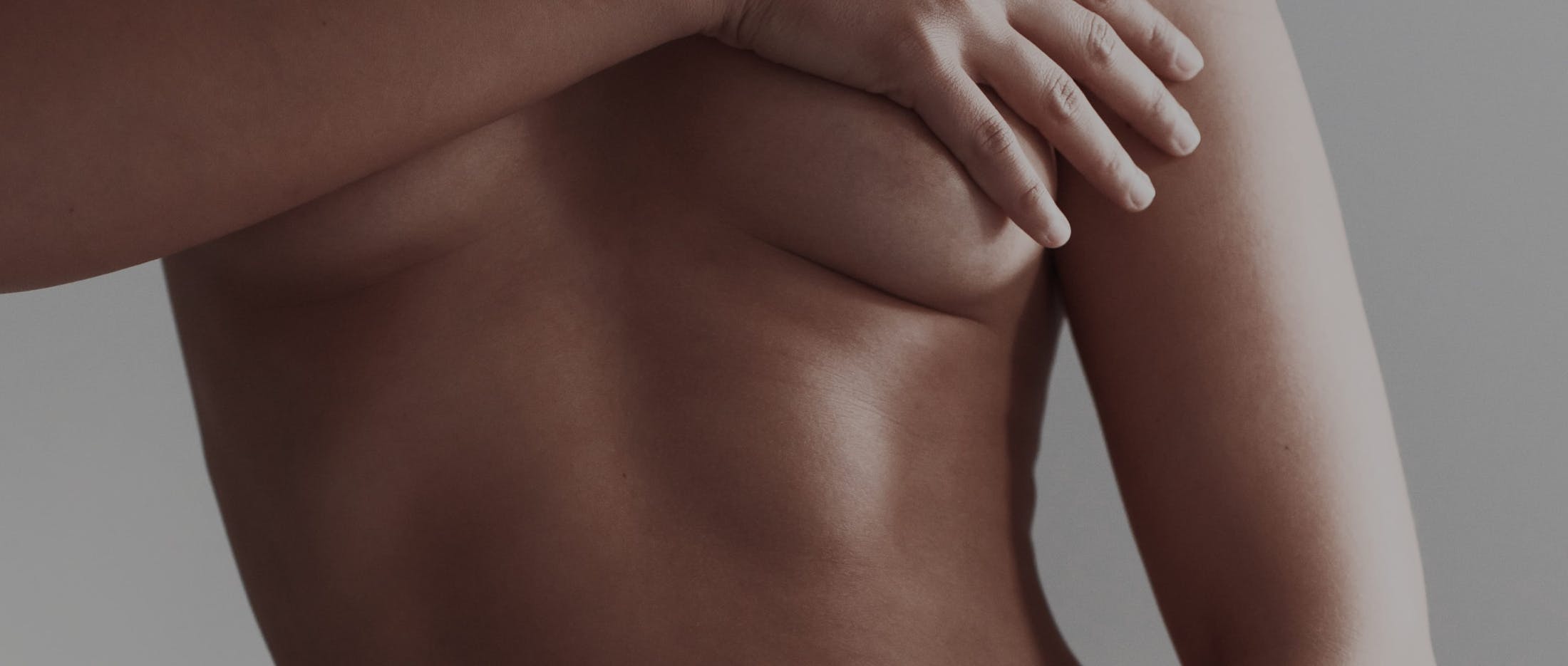
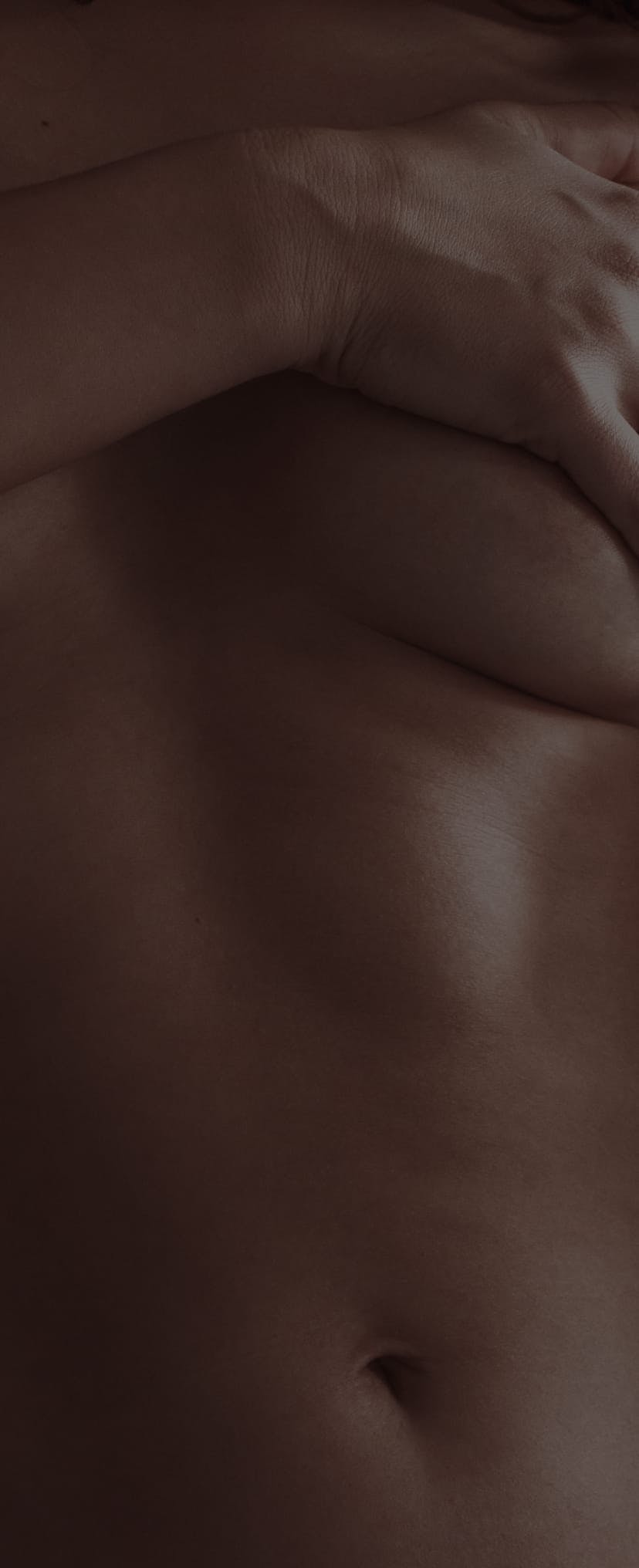
Restoring Balance & Natural Beauty
Body procedures designed for elegance
Mommy Makeover Restore your pre-pregnancy body and confidence with our mommy makeover, a personalized combination of surgical treatments tailored to your unique post-pregnancy needs. Learn More About Mommy Makeovers

Tummy Tuck Flatten and firm your abdomen with our tummy tuck, a procedure that removes excess skin and tightens abdominal muscles for a more toned midsection. Learn More About Tummy Tucks

Arm Lift Our arm lift, which removes excess skin and fat for a smoother and more contoured appearance, helps you achieve slimmer and more toned arms. Learn More About Arm Lifts

Liposuction Contour your body with our liposuction procedures, designed to eliminate stubborn fat deposits and sculpt your figure for a balanced silhouette. Learn More About Liposuction

Additional Body Procedures

Easing the Experience NPSI supports you beyond surgery, with attentive care for both travel and healing.
Traveling Patients
We welcome international and out-of-town patients with open arms. Our team is here to assist with comprehensive travel accommodations, ensuring a seamless and comfortable experience from arrival through recovery.



Exceptional Aftercare
At NPSI, we understand care does not end once you leave our office. Our exceptional team provides continuous support post-surgery, with skilled surgical aftercare and 24/7 availability to ensure your recovery is smooth and successful.

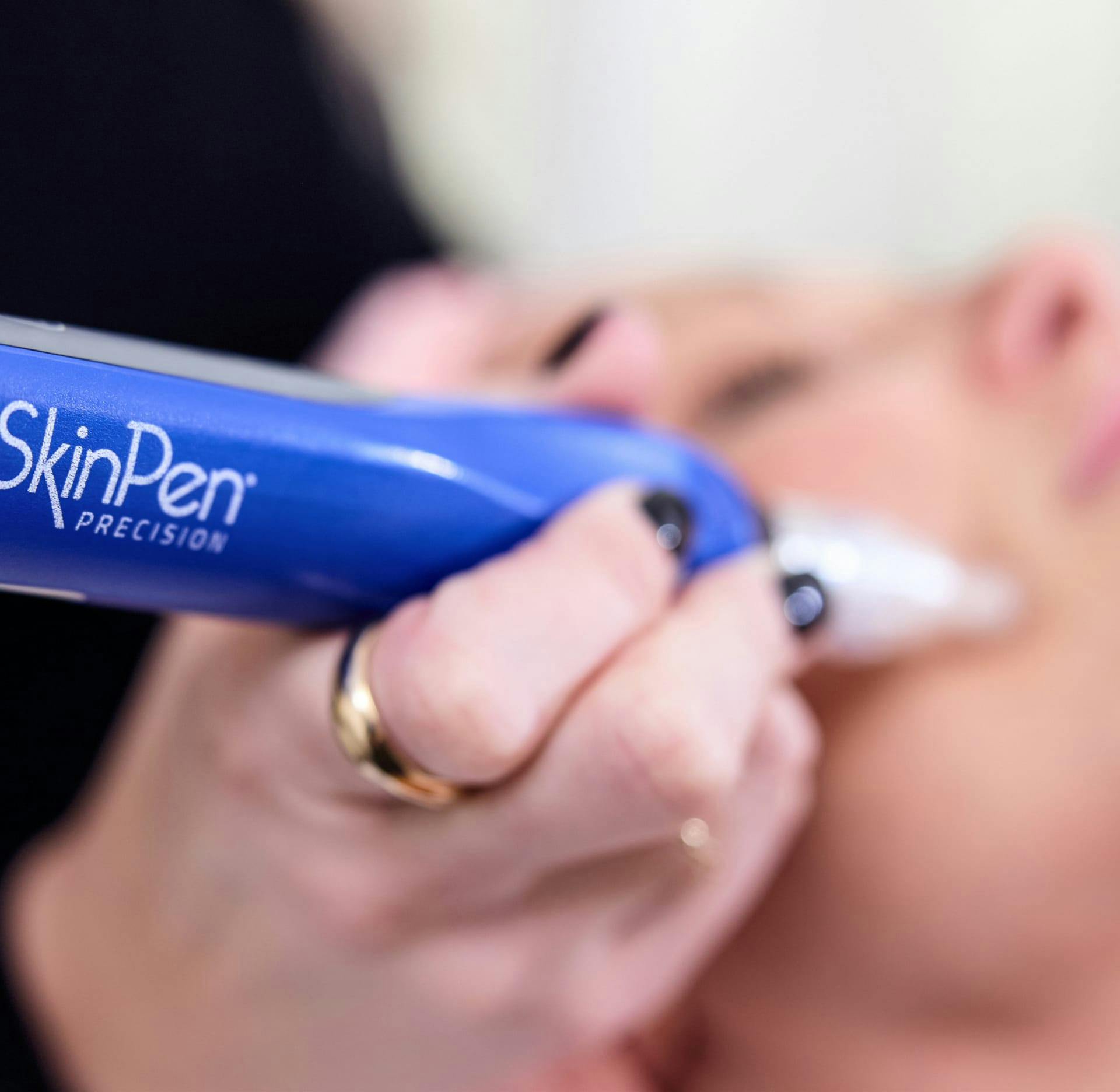
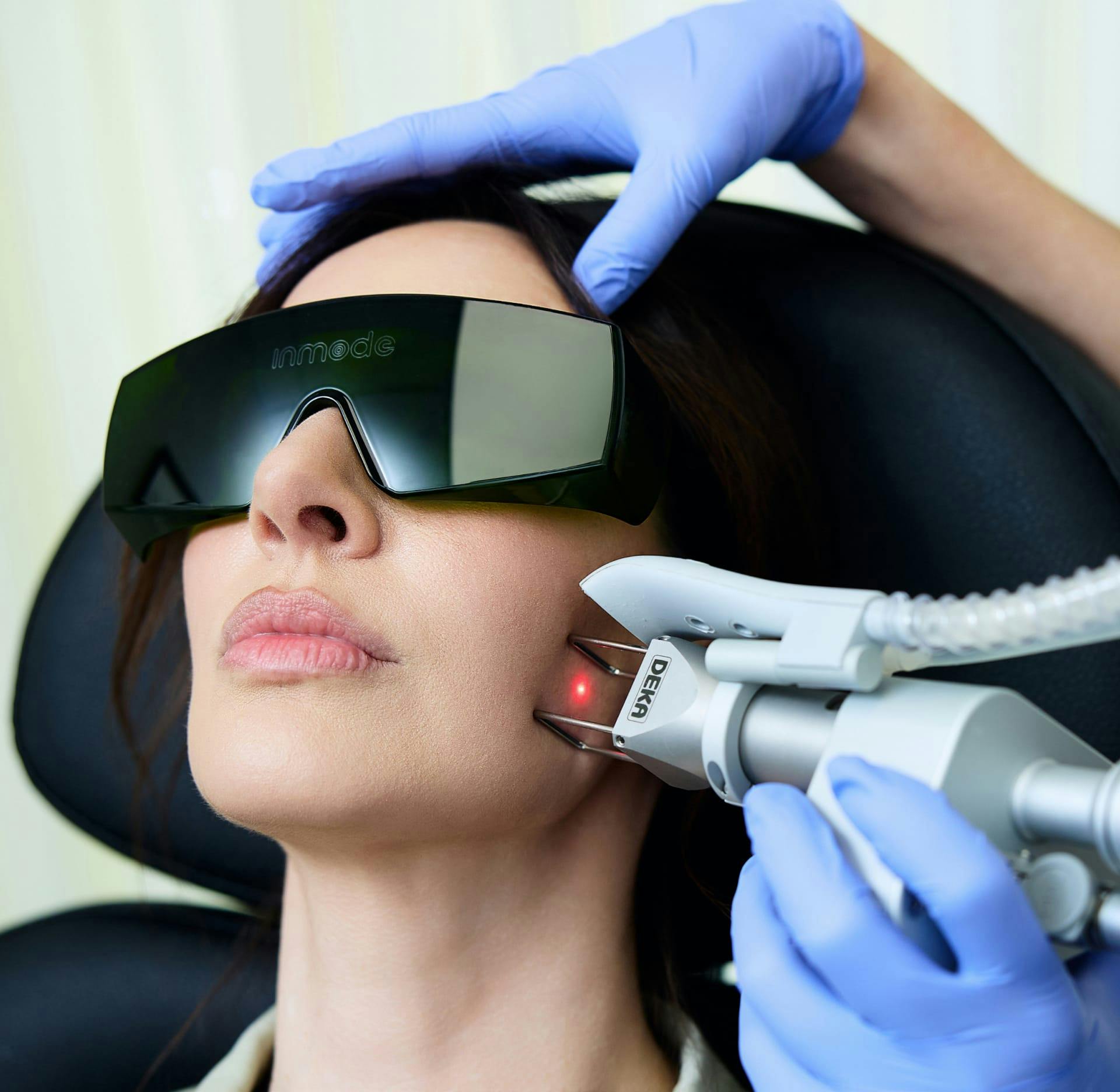
Natural Results, No Downtime Stunning enhancements with minimal interruption.
Experience stunning, natural-looking results with minimal downtime. Our advanced techniques and state-of-the-art technologies ensure your transformation is seamless and long-lasting.




